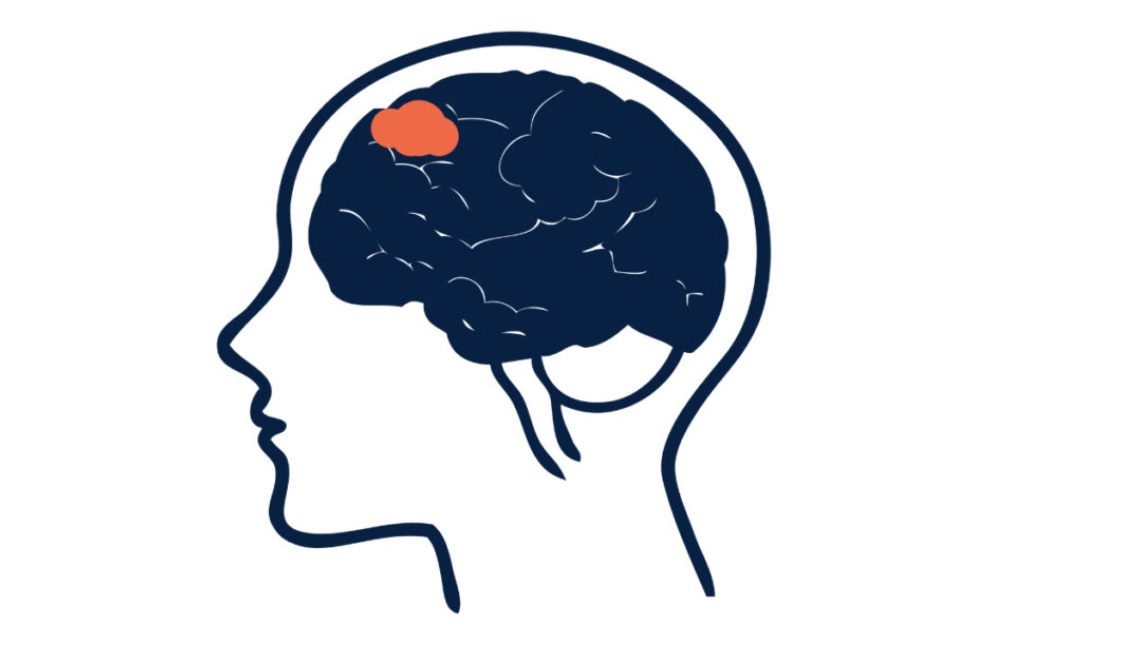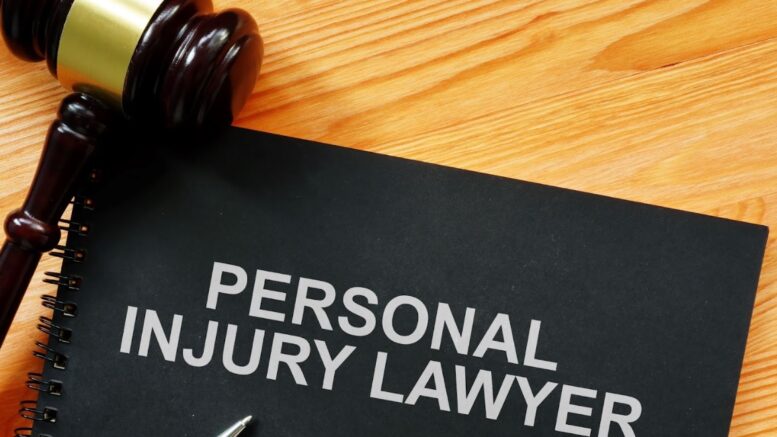Dealing with a traumatic brain injury can be frustrating. It’s a type of brain injury resulting from a violent blow or bump to the head, leading to disability or death. It’s characterized by some common symptoms, including loss of consciousness, memory loss, and other neurological deficits that may or may not be transient.
That said, individuals with a traumatic brain injury (TBI) usually experience significant economic and non-economic losses. Given the extent and severity of the injury, people with TBI will have to pay expensive medical expenses and take some time off work to recover, resulting in lost wages and the ability to earn. Hence, if you sustained a traumatic brain injury, you may be entitled to file a case to seek compensation.
Read on to learn how you can build a traumatic brain injury case.
Seek Prompt Medical Care
When you suffer from a brain injury, seeking immediate medical attention is essential. A traumatic brain injury can be life-threatening, so getting yourself checked by a competent doctor is vital. They will conduct a physical examination and order the necessary laboratory tests to develop a proper diagnosis and treatment plan.
Moreover, it’s crucial to know that asking for prompt medical care is essential in building a traumatic brain injury case. You must prove that the injury resulted from someone else’s negligence to improve your chances of receiving fair compensation. You can do this by using your medical records as evidence to build your case.
Hire A Personal Injury Attorney
Navigating TBI cases can be challenging and complicated, so a competent legal professional should only handle them to guarantee a more favorable outcome. An experienced personal injury attorney can assess the specifics of your case, investigate it, and offer you valuable legal advice on how to proceed.
Unless you’re an expert in personal injury laws applicable in your state, you need a legal professional to help you file your traumatic brain injury case. They can negotiate with the insurance company and, if the negotiations fail, provide you with solid legal representation. For example, seeking help from a South Florida personal injury attorney can be beneficial if you’re from South Florida. They can use all their resources to prove your claim in a TBI case.

Generally, to successfully file a traumatic brain injury case, your attorney can help establish the following elements:
- That the person responsible for your TBU had a duty of care;
- That person breached that duty of care by being negligent or careless;
- That you suffered harm because of the breach of duty of care;
- That the injuries resulted in significant losses.
By considering these elements, your lawyer can develop a solid strategy to ensure you get a judgment in your favor.
Collect The Evidence You Need
When building a TBI case, you must gather the necessary evidence to strengthen your negligence claim against the alleged at-fault party or parties. You can use this evidence to prove the elements of negligence and the severity and impact of your injury. For example, you must demonstrate that you suffered a brain injury through medical reports to support your claim.
Moreover, you must show the severity of your injury to determine how much you can receive in compensation. The money you obtain covers all your medical bills and other related expenses. You must also demonstrate the long-term impact of your TBI to know whether you’ll require future treatments. Lastly, if your injury makes you unable to work and earn a living, you must also prove the amount of income you’ll lose because of the injury.
You should procure all evidence to build a traumatic brain injury case. These include:
- Medical imaging results, such as x-rays, computed tomography (CT) scans, and Magnetic resonance imaging (MRI) scans;
- Monitoring of intracranial pressure to identify any brain swelling;
- Brain diagrams, mapping, and computer simulations;
- Diagnostic tests that help determine cognitive ability, physical function, information processing skills, level of mental function, and speech control;
- Statements from witnesses who witnessed what happened;
- Before and after witnesses who can testify how the TBI has affected your life;
- Testimonies from expert witnesses like neurologists, neuropsychologists, and rehabilitation doctors;
- Witness statements from mental health experts like psychiatrists and psychologists.
Using these pieces of evidence will give you a better chance of building a successful traumatic brain injury case.
Final Thoughts
As you can see, suffering from a traumatic brain injury comes with several emotional, financial, and physical consequences. Therefore, if you want to make the most of your legal options for recovery, keep the information mentioned above in mind. Building a strong TBI case can compensate you for your injury. This way, you can deal with the aftermath of a brain injury without worrying about your finances.
